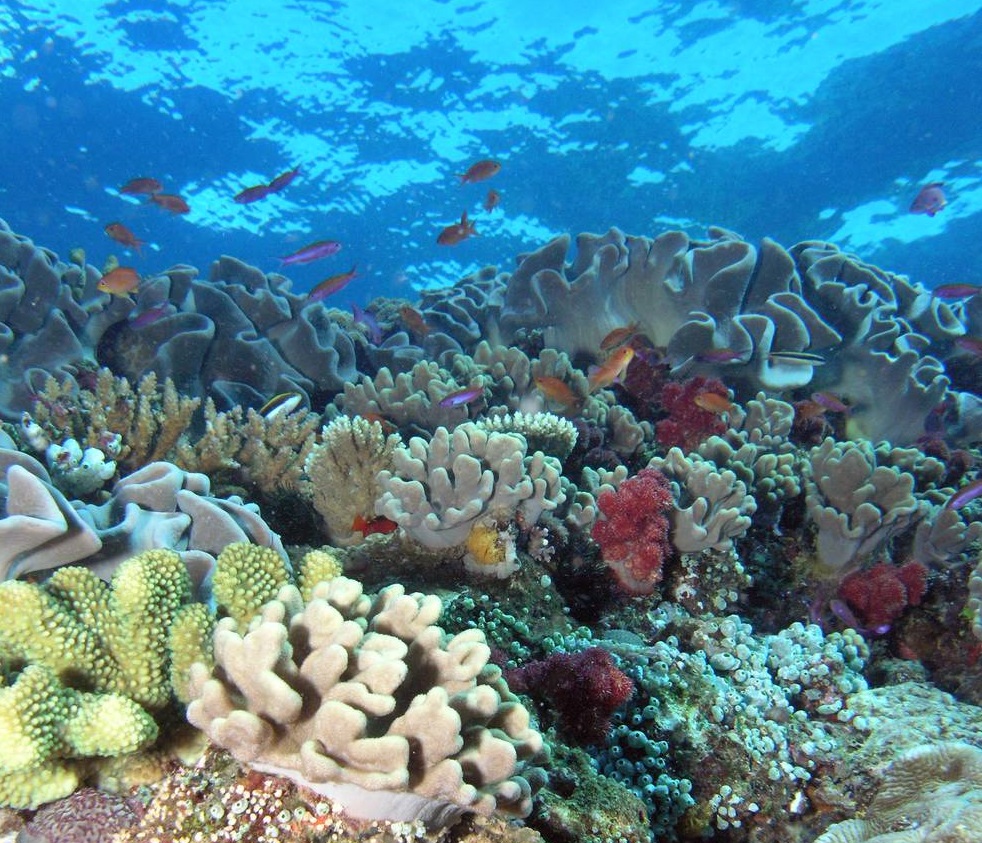Effects of elevated pCO2 and temperature on reef biodiversity and ecosystem functioning using Autonomous Reef Monitoring Structures and hyperspectral technology
The goal of this project is to improve our understanding of the effects of ocean acidification and warming on coral reef communities by examining responses of entire suites of reef organisms recruiting to Autonomous Reef Monitoring Structures (ARMS) in benthic mesocosms. We will perform a fully factorial experiment that consists of four treatments of low and high temperature and pCO₂ levels. ARMS are the leading long-term monitoring tool to measure biodiversity on reef systems and are integrated into the National Coral Reef Monitoring Program (NCRMP) Class II and Class III climate stations dedicated to monitor and access the physical, chemical and biological impacts associated with climate change over time. We propose to examine the effects of elevated temperature and pCO₂ on recruitment, biomass, biodiversity, and community structure over a multiannual time frame to increase our understanding of how biodiversity, ecosystem function, and their relationship will be impacted under future climate scenarios.



